Exploring the Future of Smart Car Electric Innovations Shaping the Automotive Industry
The automotive industry is at the cusp of a revolutionary transformation, driven by innovations in Smart Car Electric technologies. As consumers increasingly demand eco-friendly transportation solutions, the global electric vehicle (EV) market is projected to continue its robust growth, with estimates suggesting a compound annual growth rate (CAGR) of over 22% from 2020 to 2027, reaching a valuation of around $800 billion by the end of this period (Market Research Future, 2021).
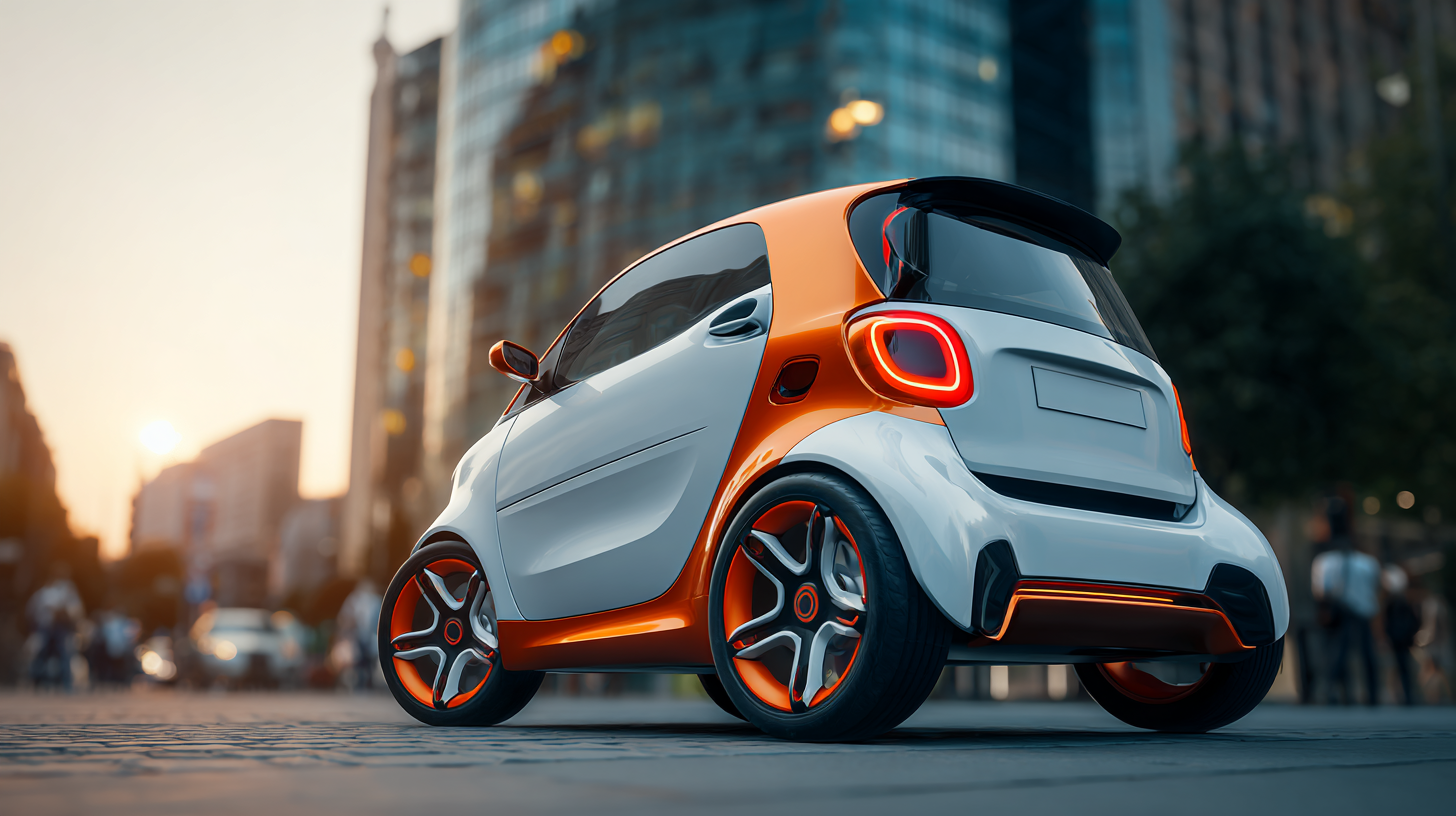
Advancements in battery technology, autonomous driving, and connectivity are not just enhancing vehicle performance but are also reshaping the user experience and overall industry dynamics. A recent report from McKinsey highlights that by 2030, electric vehicles could account for up to 50% of new car sales globally, underscoring the urgency for manufacturers to innovate within the Smart Car Electric framework.
These innovations are not merely trends; they represent a fundamental shift toward sustainability and efficiency, crucial for the future of transportation.
The Rise of Electric Smart Cars: Key Innovations to Watch
The rise of electric smart cars is transforming the automotive industry, driven by rapid technological advancements and changing consumer preferences. According to a recent report from Allied Market Research, the global electric vehicle market is projected to reach $800 billion by 2027, growing at a CAGR of 22.6% from 2020. This surge is fueled by innovations in battery technology, such as solid-state batteries, which promise to improve energy density and charging speeds significantly.
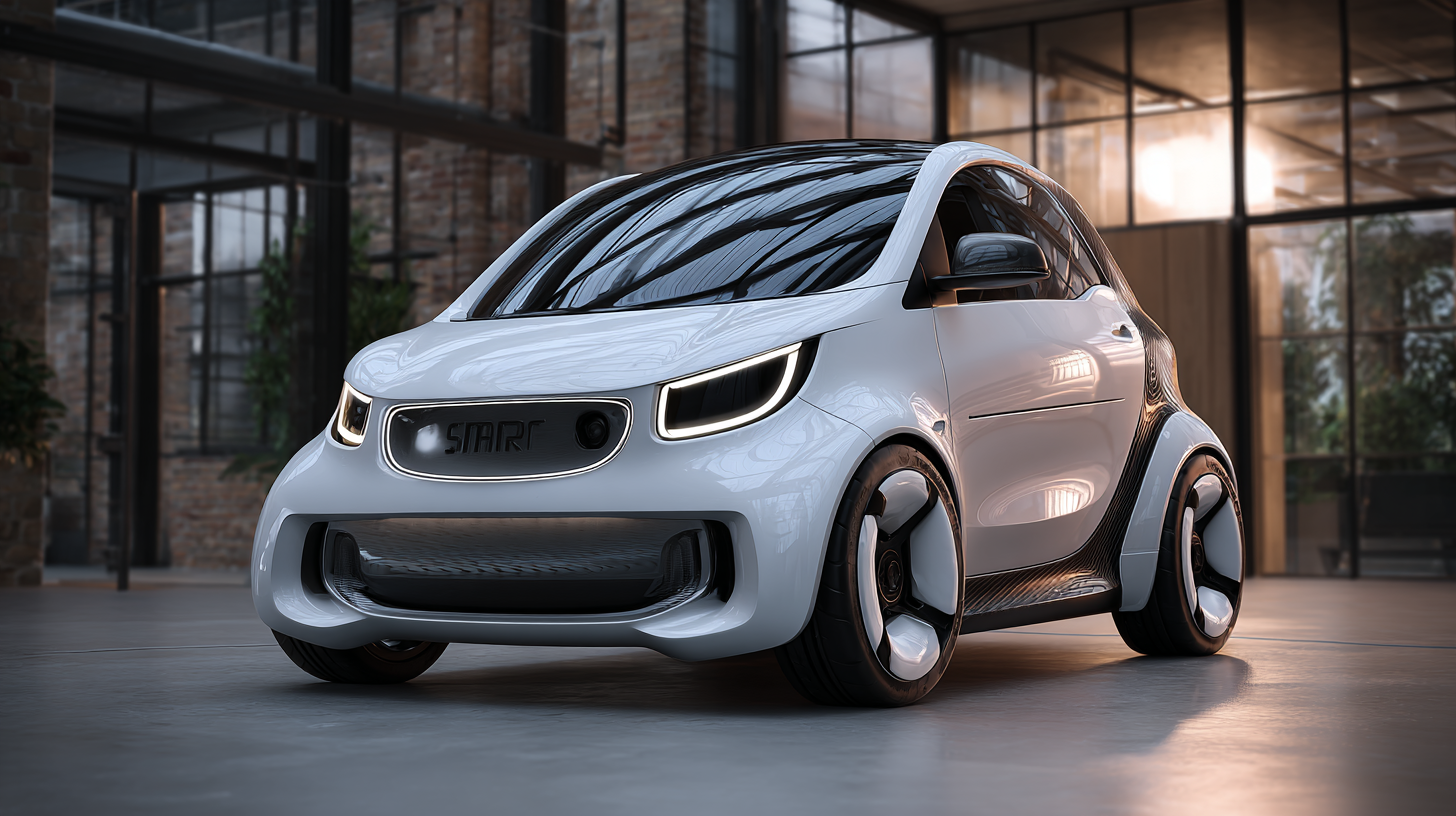 Among the key innovations to watch are advanced driver-assistance systems (ADAS) and enhanced connectivity features that facilitate vehicle-to-everything (V2X) communication. A study from McKinsey & Company highlights that by 2030, nearly 70% of vehicles could be equipped with some form of smart technology, paving the way for safer and more efficient roadways. These developments not only enhance driving experiences but also contribute to reducing overall emissions.
Among the key innovations to watch are advanced driver-assistance systems (ADAS) and enhanced connectivity features that facilitate vehicle-to-everything (V2X) communication. A study from McKinsey & Company highlights that by 2030, nearly 70% of vehicles could be equipped with some form of smart technology, paving the way for safer and more efficient roadways. These developments not only enhance driving experiences but also contribute to reducing overall emissions.
Tip: When considering an electric smart car, prioritize models that integrate the latest innovations in battery technology and connectivity. This will ensure you benefit not only from improved performance but also from features designed to enhance safety and convenience on the road. Additionally, keep an eye out for vehicles that support over-the-air updates, as this capability can continually improve your driving experience.
Integrating AI and IoT in Automotive Design for Enhanced User Experience
The integration of Artificial Intelligence (AI) and the Internet of Things (IoT) into automotive design is revolutionizing user experience, positioning smart cars at the forefront of innovation in the automotive industry. According to a report by McKinsey, the market for connected cars will reach approximately $600 billion by 2030, driven largely by advances in AI and IoT technologies. These technologies enable real-time data analysis, allowing vehicles to learn from user behavior and preferences, thus enhancing personalization. For instance, AI-driven voice assistants can provide contextual information, while IoT connectivity can adapt car settings based on driving patterns and environmental conditions.
Moreover, the use of AI algorithms in predictive maintenance is changing how drivers interact with their vehicles. A report from Deloitte states that up to 50% of newer vehicles will be equipped with predictive capabilities by 2025, forecasting potential issues before they arise. This proactive approach not only improves safety but also elevates user confidence and satisfaction. The convergence of AI and IoT is not just improving functionality but is also reshaping the design aesthetic of vehicles, allowing for more intuitive interfaces and seamless interaction. As these technologies continue to evolve, they promise to redefine mobility experiences, making cars smarter and more user-friendly than ever before.
Battery Technologies Revolutionizing Electric Vehicle Performance
The advancement of battery technologies is paving the way for a new era in electric vehicle (EV) performance. Traditional lithium-ion batteries have dominated the market, but emerging innovations such as solid-state batteries are set to revolutionize the automotive industry. Solid-state batteries offer enhanced energy density and safety, reducing the risk of overheating and increasing the vehicle's overall range. This shift not only improves the driving experience but also encourages greater consumer adoption of electric vehicles.
Moreover, manufacturers are focusing on fast-charging technologies and improved battery management systems to enhance efficiency and longevity. Innovations in materials, such as graphene and lithium-sulfur, promise to produce lighter, more efficient batteries with faster charge times. Such advancements could lead to a significant reduction in charging infrastructure concerns, allowing for broader acceptance of electric cars in daily use. As these battery technologies continue to evolve, they are not only shaping the performance of electric vehicles but also redefining the future of mobility within the automotive industry.
Sustainable Practices in Smart Car Manufacturing: The Future is Green
The automotive industry is witnessing a revolutionary shift towards sustainable practices, particularly in the realm of smart car manufacturing. As concerns about climate change and resource depletion intensify, automakers are increasingly adopting eco-friendly materials and innovative production techniques. This commitment not only reduces the environmental footprint of vehicle production but also appeals to a growing consumer base that values sustainability.
Moreover, advancements in electric vehicle technology are paving the way for greener alternatives. These innovations extend beyond the vehicles themselves, influencing the entire supply chain. From sourcing raw materials responsibly to implementing energy-efficient manufacturing processes, the focus is on creating a circular economy within the automotive sector. As smart cars become more prevalent, their ability to integrate renewable energy sources, such as solar panels and advanced battery technology, will further underscore the industry's dedication to reducing emissions and conserving resources. This transformation signals a promising future where sustainable practices are at the core of smart car innovations, ultimately reshaping how we think about mobility.
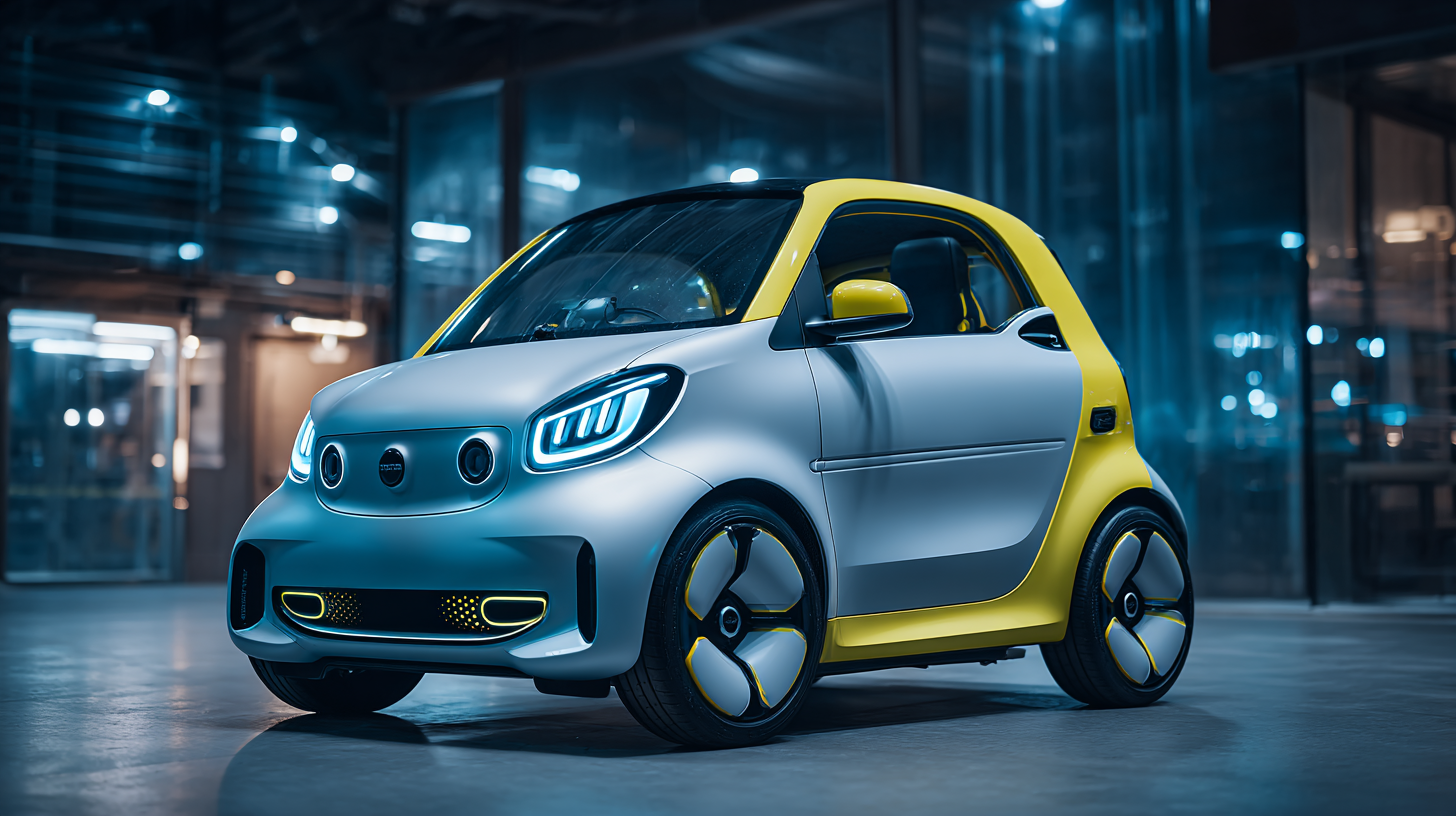
Regulatory Impact on Electric Vehicle Advancements and Consumer Adoption
The automotive industry is experiencing a pivotal transformation characterized by the rapid adoption of electric vehicles (EVs). Regulatory frameworks play a critical role in this shift, as government policies and incentives are designed to promote EV technology and accelerate consumer adoption. These regulations not only aim to reduce carbon emissions but also drive innovation in electric vehicle infrastructure, including charging networks and battery production facilities.
Consumer behavior is increasingly being shaped by these regulatory impacts, as drivers become more aware of the environmental benefits and potential cost savings associated with EV ownership. Recent market trends indicate a growing acceptance of electric vehicles, propelled by advancements such as solid-state batteries and driverless technology. As consumers gain confidence in the sustainability and performance of EVs, manufacturers are incentivized to enhance their offerings, ultimately fostering a dynamic marketplace that aligns with global energy transition goals.
Exploring the Future of Smart Car Electric Innovations Shaping the Automotive Industry - Regulatory Impact on Electric Vehicle Advancements and Consumer Adoption
| Innovation Type | Impact on Efficiency | Regulatory Influence | Consumer Adoption Rate (%) | Projected Growth (2025) |
|---|---|---|---|---|
| Battery Technology | 30% Increase | Mandated Standards | 70% | 15% CAGR |
| Autonomous Driving | 20% Reduction | Safety Regulations | 60% | 12% CAGR |
| Smart Connectivity | 25% Enhancement | Data Privacy Laws | 75% | 20% CAGR |
| Charging Infrastructure | 40% Decrease in Time | Infrastructure Policy | 65% | 10% CAGR |
Related Posts
-
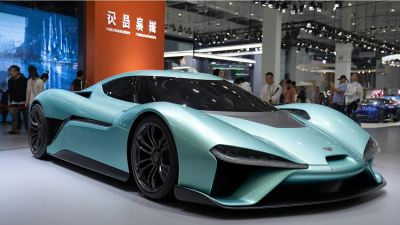
Revolutionizing Transportation with Faster Electric Cars at the 2025 China Import and Export Fair
-

7 Key Benefits of Driving a Mini E Car for Future Sustainable Living
-

Ultimate Guide to Choosing the Perfect Electric Off Road Car for Your Adventures
-

7 Essential Tips for Choosing the Best Electric Trike for Adults
-

Exploring the Rise of Tricycle For Women at 2025 China's 138th Canton Fair
-
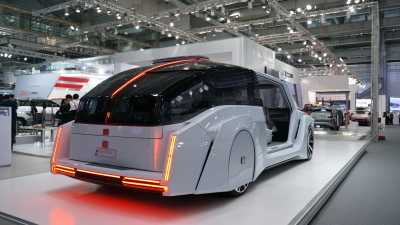
Electric Wagon Car Innovations on Display at the 2025 China Import and Export Fair







